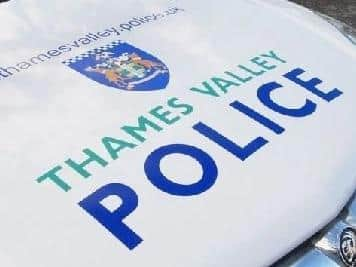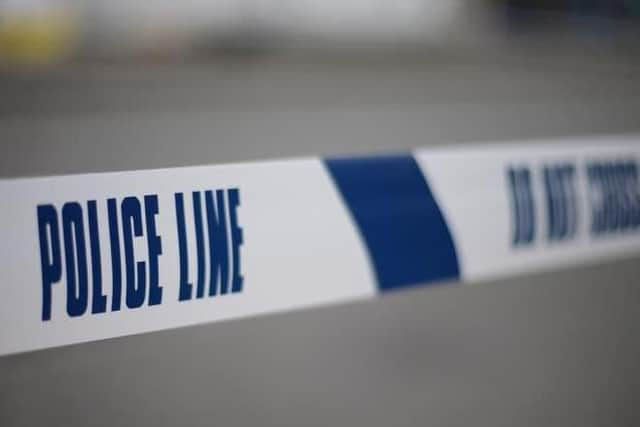Figures reveal nine 'police related' deaths in Thames Valley last year
and live on Freeview channel 276
Nine people died following contact with police in Thames Valley last year, figures reveal – bringing the total to nearly 100 since 2004.
Of the deaths last year, two were from road traffic incidents involving the force, two in or following custody, and four apparent suicides immediately following release from custody.
Advertisement
Hide AdAdvertisement
Hide AdThere was also one other death which followed contact with the police and was subject to an independent investigation.


Charity Inquest said such incidents are often caused by "systemic failures" to safeguard those experiencing a mental health crisis, with the Government seemingly "willing to accept" these deaths.
Figures from the Independent Office for Police Conduct show Thames Valley Police recorded nine deaths during or following police contact in 2020-21 – up from six the year before.
They were among 98 deaths following contact with Thames Valley Police between 2004-05 – the first year such figures exist – and 2020-21.
Advertisement
Hide AdAdvertisement
Hide AdAcross England and Wales, there were 191 deaths following police contact last year, which was down from 206 in 2019-20.


The figures come just a few months after police officer Benjamin Monk was convicted of the manslaughter of former footballer Dalian Atkinson.
He was the first police officer to be found guilty of murder or manslaughter following a death in police contact or custody in England and Wales in 35 years.
Last year saw global protests spring up in response to the death of American George Floyd in US police custody, but Inquest said the latest figures show that nothing has changed in England and Wales.
Advertisement
Hide AdAdvertisement
Hide AdDeborah Coles, director of the charity which analyses state-related deaths, said: "This gives the impression that successive governments are willing to accept these deaths, which are often caused by systemic failures to safeguard intoxicated people or people in mental health crisis, dangerous restraint, and neglect.
"The focus of this Government however is denying structural racism and inequality, appearing tough, ignoring evidence and repeating failed policies focused on criminalisation.
"To prevent further deaths and harm, we must look beyond policing and redirect resources into community, health, welfare and specialist services.”
Among the 191 deaths investigated by the IPOC last year across England and Wales, 62 involved mental health concerns.
Advertisement
Hide AdAdvertisement
Hide AdRethink Mental Illness said it was "deeply saddened and concerned" that people with mental health issues are significantly over-represented in police contact deaths.
Lucy Schonegevel, associate director for policy and practice at the charity, said: “Further investment in community-based mental health support, particularly mental health social care services, is crucial, to not only address crisis situations in a safe and supportive environment but to reduce the number of people who reach the point of crisis before they can access meaningful mental health support.”
The Home Office said it has a zero-tolerance attitude to deaths in police custody, all of which have a "devastating impact on loved ones".
A spokesman added: "We are determined to continue to hold organisations to account, provide enhanced training for officers in avoiding the use of force where possible and improve support for families.”